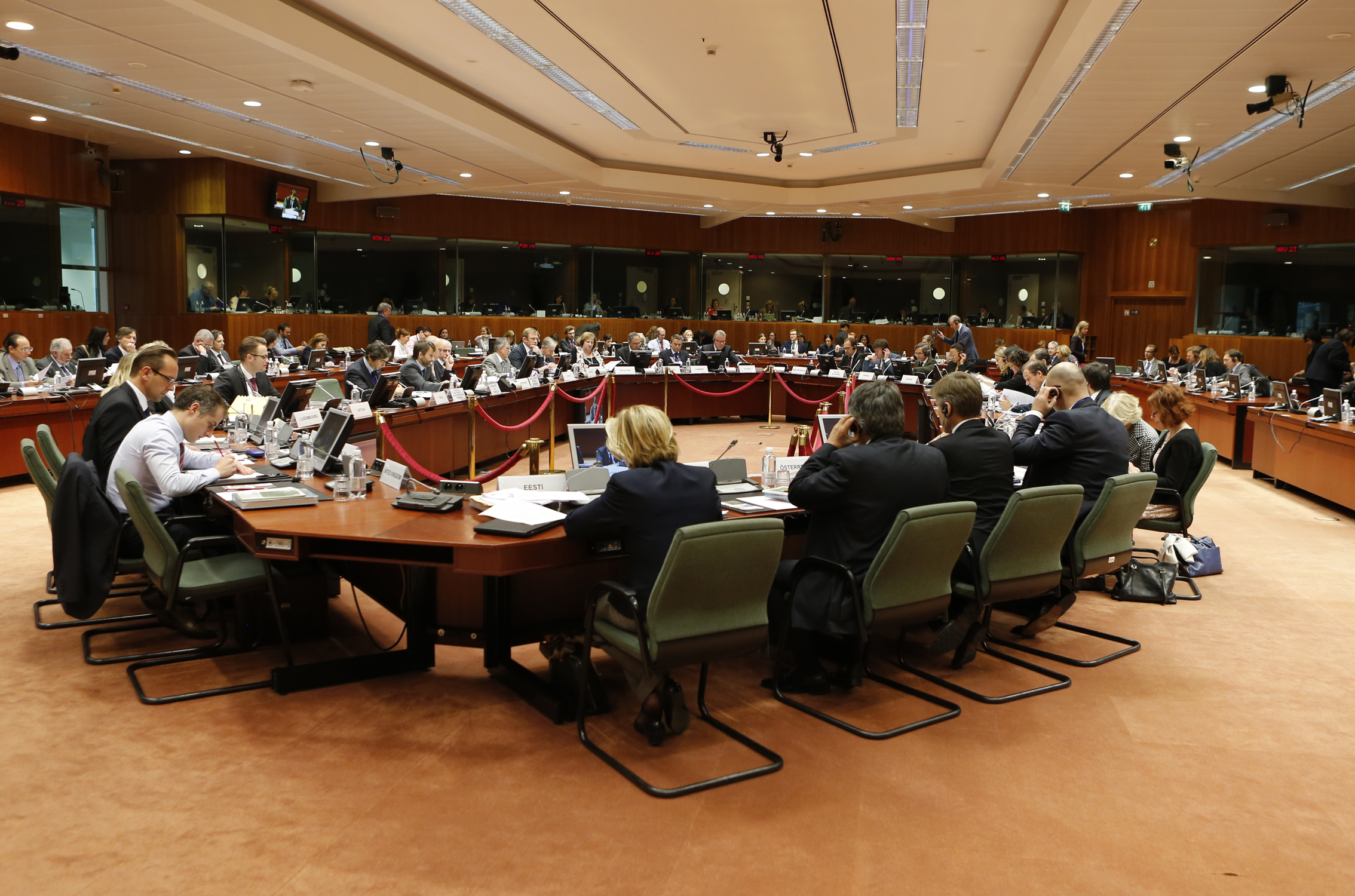EU Ministers focus on cultural diplomacy and intercultural dialogue
In a climate of maximum security alert in the EU capital on Monday 23 and Tuesday 24 November 2015, the current migratory and refugee crisis was the guiding thread of the policy debates among Culture and Education Ministers. The role of youth policy and youth work with regards to migration as well as education and training strategies for integrating recently arrived migrants were discussed on the first day of the meeting, whereas the educational potential of sport and actions against the illicit trafficking and destruction of cultural heritage in conflict areas were issues that prompted rich debates during the second day.
The focus of the Culture Council session was on how culture could best reinforce the European Union’s external action through the adoption of two separate Council Conclusions on:
– Culture in EU external relations, in particular regarding development cooperation, which examine how culture can be instrumental in reinforcing development cooperation policies by facilitating deeper partnerships and increasing coherence between the two policy areas; and on
– Reinforcing the priority on intercultural dialogue in the framework of the Work Plan for Culture for the years 2015-2018, which proposes to set up a series of meetings of experts from member states that will examine how culture and the arts can contribute to the successful integration of migrants and refugees coming to Europe.
Moreover, the Luxembourg Presidency, supported by several delegations, urged the Commission to make a formal proposal for the establishment of a European Year of Cultural Heritage with a related programme to explain and disseminate Europe’s cultural heritage among young people.
Concluding the Culture session, Ministers acknowledged that digitisation of cultural heritage is a cross-cutting issue to all the items of the Culture agenda, agreeing that digitisation, online accessibility of cultural material and digital preservation are all essential to highlight the importance of cultural heritage as well as to inspire the creation of content and encourage new online services to emerge.







